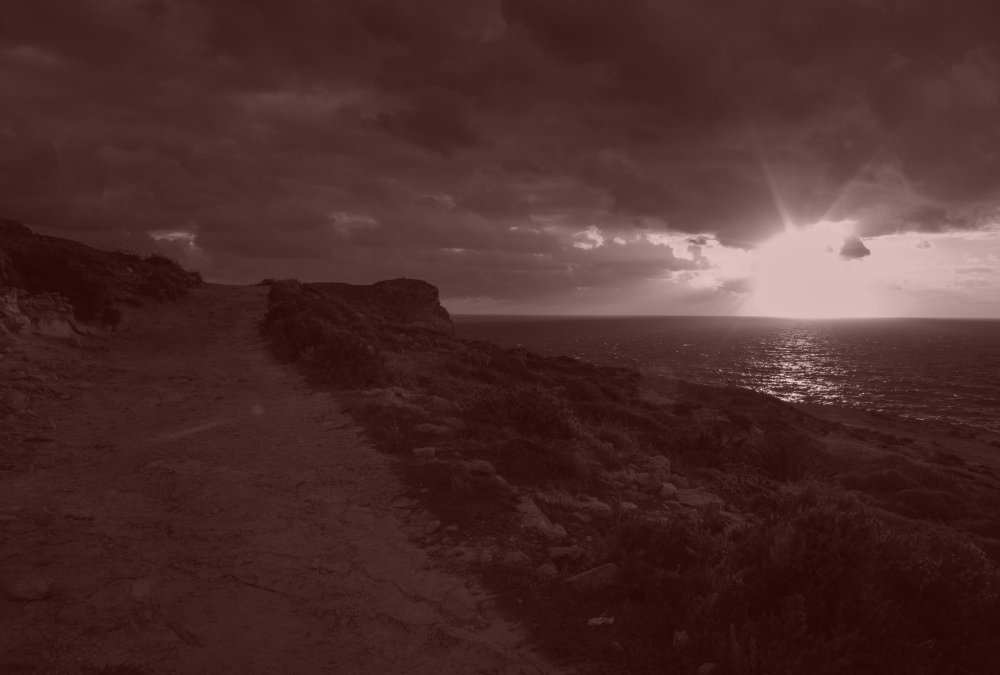Anyone who is familiar with the Maltese language knows we have plenty of ways to express a sense of vague foreboding.
“Ħadd wara Ħadd, tasal ta’ kullħadd,” goes the widely overused trope. Translated for meaning, it essentially implies ‘everyone gets their lot, this Sunday or the next’.
“Illum jien, għada int,” goes the other slightly more benign version of the same feeling.
‘Today, it’s me (usually in the context of needing assistance), tomorrow, it might be you (so consider the whole interaction as a mutual investment in any future scenarios where the favour might need to be reciprocated).’
One of the things I like to do with interviewees (unless they are a politician, in which case the tone is different for obvious reasons) is to ask them whether they have a message for the readers who might come across their story. It’s a neat little gimmick that helps the individual sum up the sentiment of what they expressed throughout the conversation you just had with them, or share a key takeaway from the experience that they are opening up about.
A drug trafficker, for example, the last person who you’d expect to express any kind of sense of looking out for the well being of others, insisted on telling my audience that they shouldn’t get into his line of work because they “don’t need this kind of pressure” in their lives, and that they should go live a decent life with their families instead. While this obviously does not take anything away from the fact that the morals of the individual in question are deeply flawed, it does expose a certain raw humanity which one rarely gets to see otherwise.
By far the most common thing I hear when I ask this question towards the end of an interview with someone who suffered an injustice is to warn viewers that their situation – be it a long, overdrawn legal case, a major industrial operation on their doorstep, or the loss of a loved one at the hands of a lawless industry – is not exclusive to them.
On the contrary, interviewees speaking up against injustices will always subvert the somewhat amicable, helpful context of ‘illum jien, għada int’ to turn it into a warning: don’t get too comfortable, because today they’re doing this to me, tomorrow, they might do this to you.
And that’s just it, isn’t it?
What is the news cycle nowadays if not a constant stream of warnings which go unheeded?
I was hoping I’d be in a position to write something somewhat cheerful or hopeful for a Sunday commentary piece published on Christmas Eve, but the fact is that yesterday, I spent a whole day interviewing two individuals who are facing injustice on a scale which all but dwarfs their ability to fight back against it and I am genuinely concerned about how common it is.
Being the tenacious individuals that they are, they have banded together with hundreds of others who are being equally done wrong, but a sense of resignation can nonetheless be felt. While I can’t share more details about this story for the time being as I need more time to wrap it up, all you need to know about it is the following: these two individuals I just referred to are two other links on a very long chain of injustice I have witnessed throughout a relatively young career.
I just can’t help but think of the fact that all of these injustices are only possible because of mankind’s remarkable ability to look away when our eyes should be fixed firmly on treating the root causes.
As much as I hate to put stock in tired old pearls of wisdom, it is undeniable that, when we look away from someone else’s struggle because it does not affect us directly and it is therefore easy for us to do so, we are only turning ourselves into easier targets in the not so distant future. Failing to show solidarity with victims of injustice only strengthens the hand of the oppressor who is responsible for those injustices in the first place.
This has always been one of the primary reasons why corruption in Malta has been able to proliferate with such liberty. Our chronic inability to see past our noses means that we’ve left plenty of individuals championing worthy causes to do just that – champion worthy causes alone. If you want to know what that’s like, just ask Isabelle Bonnici, who had to light a veritable fire underneath an entire government’s arse before the country stopped to listen. And even then, we stopped to listen when it was far too late for her beloved Jean-Paul.
As you enjoy the company of your loved ones this holiday season, spare some time to consider that others can’t do the same because their loved ones were taken away from them.
I sincerely hope that none of you, dear readers, ever have a reason to sit across from me with an audio recorder between us.


